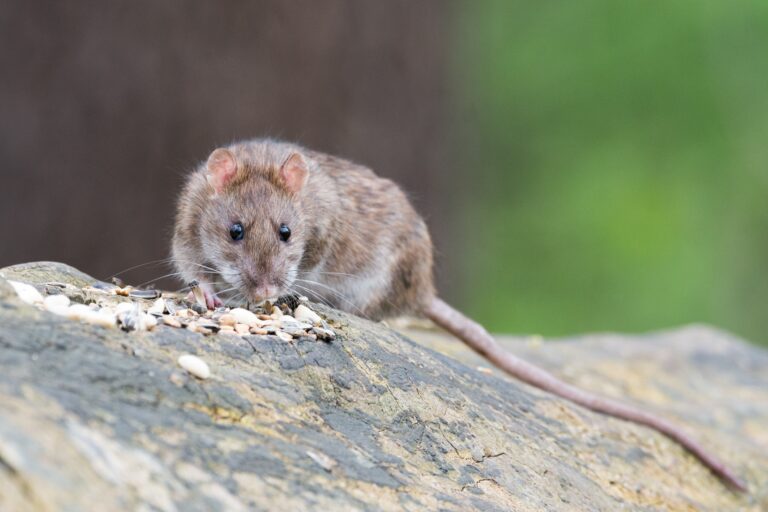An influx of rodents is expected this autumn in rural areas, following the exceptional summer weather. However, many farmers will be unable to use the same products that they have in previous years because of new European legislation governing the sale and use of rodenticides, which came into effect on 1 March 2018.
“The unusually hot, dry summer encouraged rodents to breed over an extended period and enabled a high proportion of their offspring to survive, so numbers are likely to be well above average this autumn,” says Roger Simpson of Lodi UK, a manufacturer of pest control products.
“Sources of food and shelter in fields are declining quickly and average temperatures are beginning to fall, particularly at night, so rodents will quickly begin to migrate indoors. Therefore, it is critical to implement effective control measures to prevent them causing loss and damage in crop and feed stores, livestock housing, silage clamps, farm workshops and other rural buildings such as stables.”
The new European rodenticide regulations are designed to ensure that such products are used correctly, in ways which minimise their exposure to wildlife and other non-target species. The sale and use of professional-strength products are now strictly limited to named individuals who hold a certificate which is approved by the Campaign for Responsible Rodenticide Use (CRRU) or who work for a farming business which is a member of a CRRU approved Farm Assured Scheme. Evidence of this will be required at the point of purchase.
Until 28 February 2018, ‘non-professionals’ could still purchase ‘professional-strength’ rodenticides, classified as those containing 50 parts per million (ppm) of anticoagulant rodenticide active substances, but to a maximum pack size of 1.5kg.
Now, however, anyone who does not possess the correct paperwork will be unable to purchase any professional strength product, even those they might have used for years. Instead, they will be limited to purchasing products which contain less than 30ppm of anticoagulant rodenticide active substances, in maximum pack sizes of 150g for grain and paste bait formulations or 300g packs for block baits. All baits must be used in tamperproof and secure rodent bait stations.
Simpson suggest that for many who have previously purchased significant quantities of professional-strength rodenticides the relatively small amount of time it takes to become CRRU-certified will be the best option but point out that effective alternatives are available.
“Times have changed, but by using the right products for the target species and situation rodents can still be controlled effectively in rural situations,” he says. “To help non-professional users to select the right type and quantity of product Lodi UK has produced new packs containing pouches of specially-formulated bait which use the same active ingredients as the Lodi Gems professional range, but at a reduced rate of 0.0025%.
David Reece, who owns farm pest control specialists Oakwood Farm Services and is Technical Adviser to Lodi UK, adds: “Whatever type of product you use the key to keeping rodents in check is to deal with them early and effectively. Even if you only see the odd one or two rodents, almost certainly you will have many times that number and they multiply at an alarming rate. For every 1kg of food they eat, rodents contaminate a further 3kg, as well as carrying microbial infections and spreading diseases such as salmonellosis and Weil’s disease so it is essential to keep them in check.
“If you suspect rodents are present, look for droppings, urine, rub marks, gnawing, damage to insulation within buildings and unusual smells. Most people will not have the experience to spot the signs of infestation until numbers are high, by which time it could be too late and professional help may be required. If that is the case, contact a company which specialises in dealing with rodents in rural settings, because it is very different to operating in an urban environment.
“An experienced pest controller who check sites frequently should be able to spot the signs of even a single rodent, allowing control measures to be implemented using proven methods, correct techniques and high-quality, effective products.”


